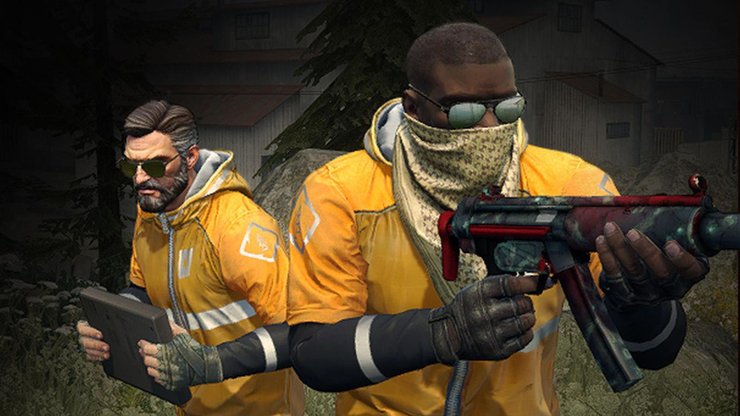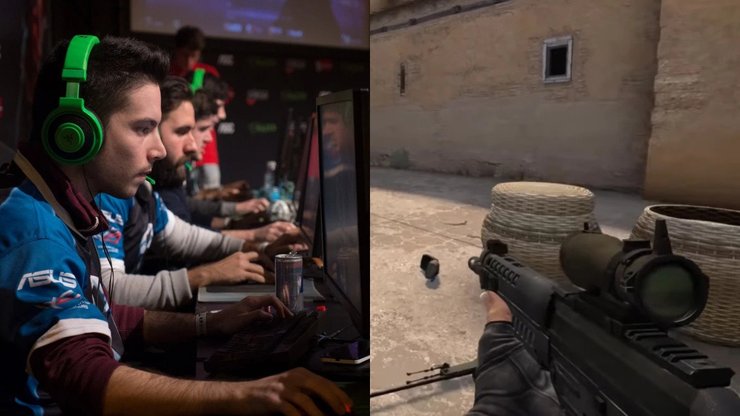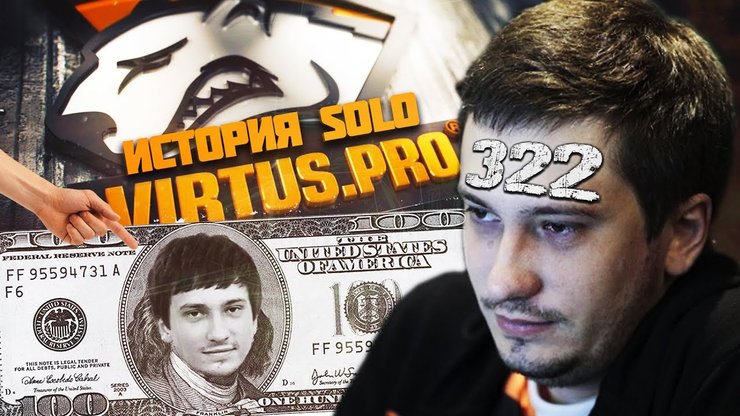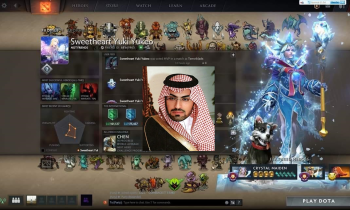In August last year, Australia had their first investigation about a match-fixing case in esports. Six men were arrested and now five of them have been charged for manipulating the outcome of a match in the semi-pro CS:GO tournament ESEA - Mountain Dew League 2019.

According to the investigation, these men have intentionally thrown their matches and had their relatives bet on the other teams. The police believed that they have won $30,000 from betting on those matches. All these men are very young, who are only in their 20s with no criminal record.
Subsequently, they will be facing court in September this year in Melbourne and Sale. According to detectives from the Victoria Police Sporting Integrity Intelligence Unit, these men can face a sentence of up to 10 years of jail time.

Not only CS:GO but other esports such as DOTA 2 also saw many cases of match-fixing even from famous players such as Solo or ddz. The case of Solo was so famous that '322', the amount of money he won from betting, has become a meme for DOTA 2 fans until now. Just recently, a DOTA 2 team also just got banned from WePlay! Pushka League from match-fixing.

Ever since esports became a multi-million dollar business with huge tournaments, match-fixing has been a really annoying problem. It does not only lack sportsmanship, but it will also destroy the competitive scene of esports and the enjoyment of viewers.
However, esports has only been a thing for less than a decade, not enough for the authorities and governments to care about its problems. While tournaments and game companies have lots of strict rules to prevent players from match-fixing, it is still not enough.










Comments